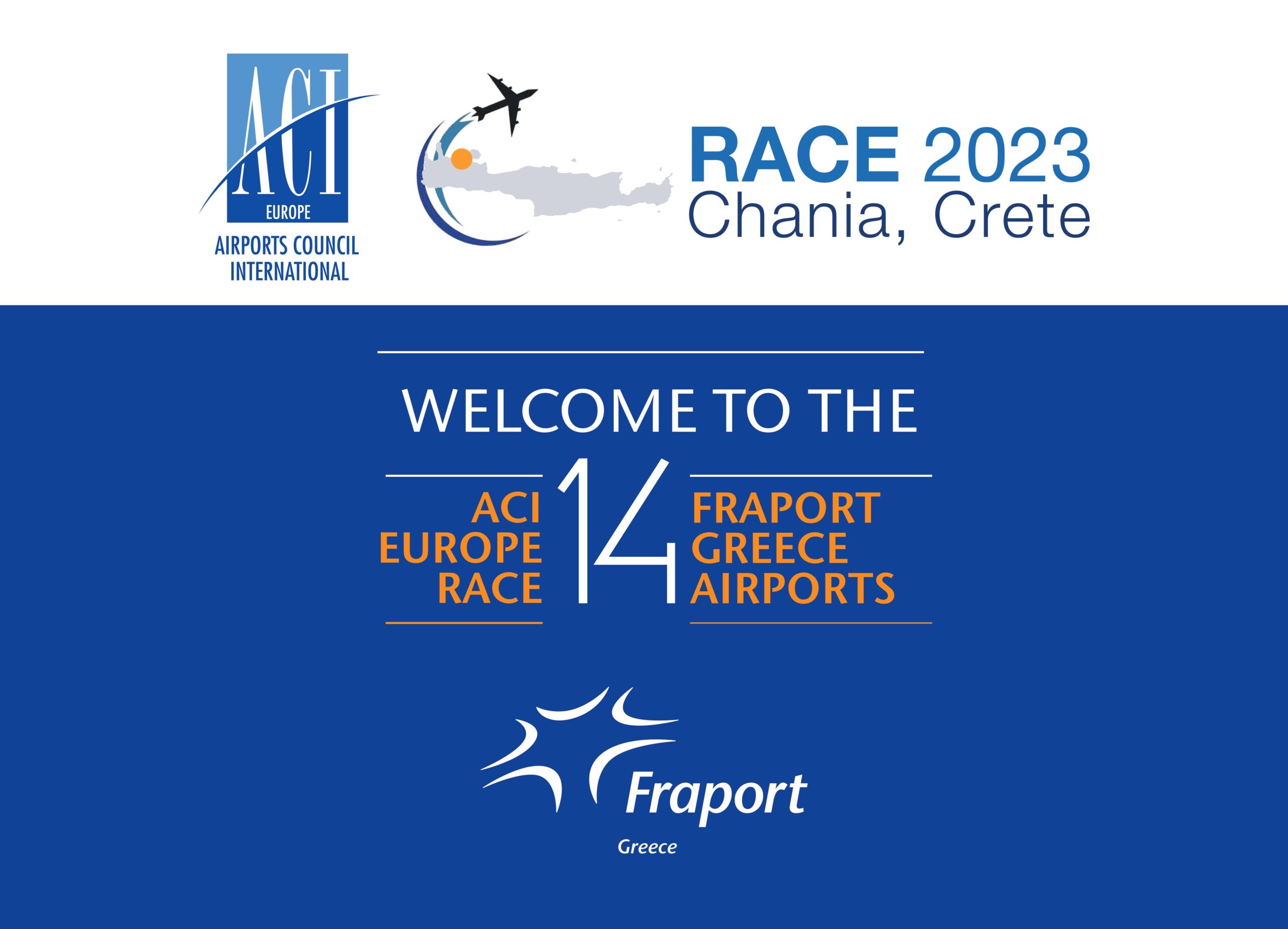At the top of their priorities is the “green transition” to the operation of airports using energy-efficient and sustainable practices. This is a common goal that obviously affects the entire business community, societies and their economies, and towards which European regional airports are already implementing practices to reduce their energy footprint. Now, 207 smaller and regional airports throughout Europe are certified for managing and reducing CO2 emissions under the Airport Carbon Accreditation – the globally recognized institutional standard – compared to 146 a year ago.

Mr. Alexander Zinell, CEO of Fraport Greece, pointed out that: “The Fraport group is committed to zero CO2 emissions at all airports worldwide under its management by 2045, with an interim target of reducing carbon dioxide emissions by 75,000 tons by 2030. Moreover, at Chania “Ioannis Daskalogiannis” Airport, we benefit from a modern building management system (BMS) aimed at optimizing energy consumption. At the same time, we are working on photovoltaic systems at many of our airports. “
In this context, the adoption of modern technologies and the digitization of processes are a core element of regional airports’ strategy. This was explored in a bespoke workshop on Digital Innovation, one of three deep-dive strategic sessions held during the Conference, alongside Route Development and Employee Engagement and Retention.
One salient example of the digitization of processes is the initiation of the pilot phase of the self-baggage drop-off service at Thessaloniki “Makedonia” Airport, under the management of Fraport Greece. Using this feature, travelers can complete the process of delivering their luggage through a fully automated process without the presence of airline staff.
Another important aspect of the conference was the continuous development of partnerships, with a particular focus on local airport communities. It was commonly acknowledged that strengthening the connection between airports and local communities has significant importance and mutually beneficial effects for all members of society. Last but not least, the conference attendees addressed the passenger traffic of regional airports, which has on average recovered to 93% of the pre-pandemic (2019) passenger volume.
Fraport Greece presented the development of passenger traffic at the 14 regional airports under its management, which for the first quarter of 2023 amounted to 1,886,041 passengers, compared to 1,314,980 passengers for the same period in 2022, showing an increase of 43.4%. Following this lead, Chania’s “Ioannis Daskalogiannis” Airport has also seen passenger traffic rise to 184,843 passengers, an increase of 46.9% compared to 2022.
Mr. Olivier Jankovec, Director General of ACI Europe, stated: “The indications for this year’s summer season are particularly optimistic for regional airports as a whole, with indicative increases in airline seat reservations compared to pre-pandemic levels. Demand continues to defy inflationary pressures and especially air fare increases. At the same time, the risks of destabilization throughout the aviation ecosystem have receded, with the recruitment crisis largely overcome and an emphasis on co-ordinated planning. Moving forwards the focus is investment in sustainability, digitization, and capacity as we transition to energy-sustainable practices whilst endeavoring to build resilience into our businesses.”
The event concluded with a handover ceremony from Fraport Greece to the next ACI EUROPE Regional Airport Conference and Exhibition which will take place in 2024, in Dubrovnik, Croatia.
Tags: ACI Europe, Olivier Jankovec, Fraport Greece, Alexander Zinell, RACE 2023
